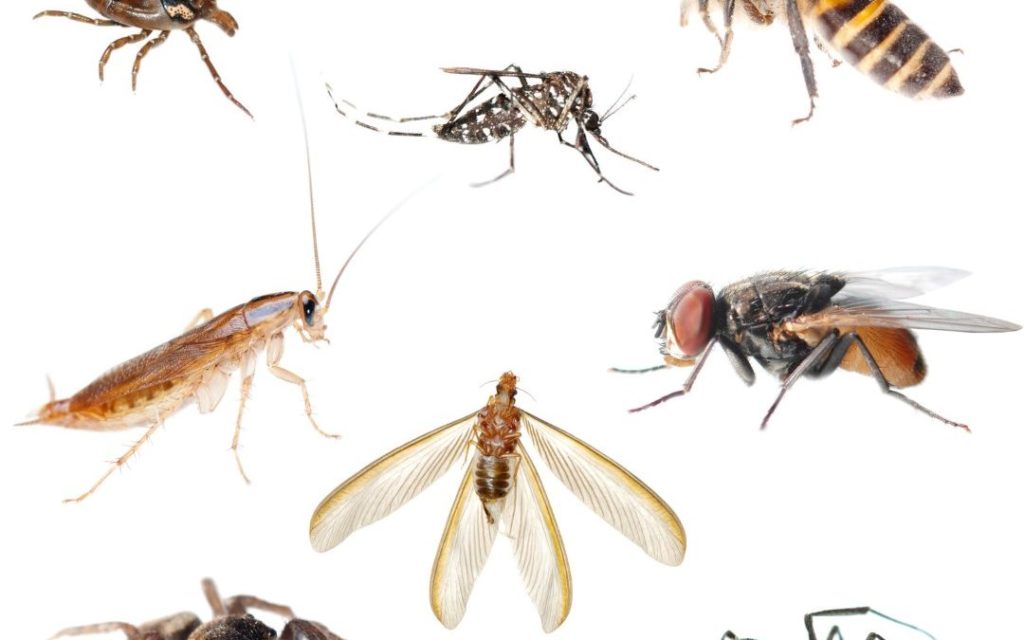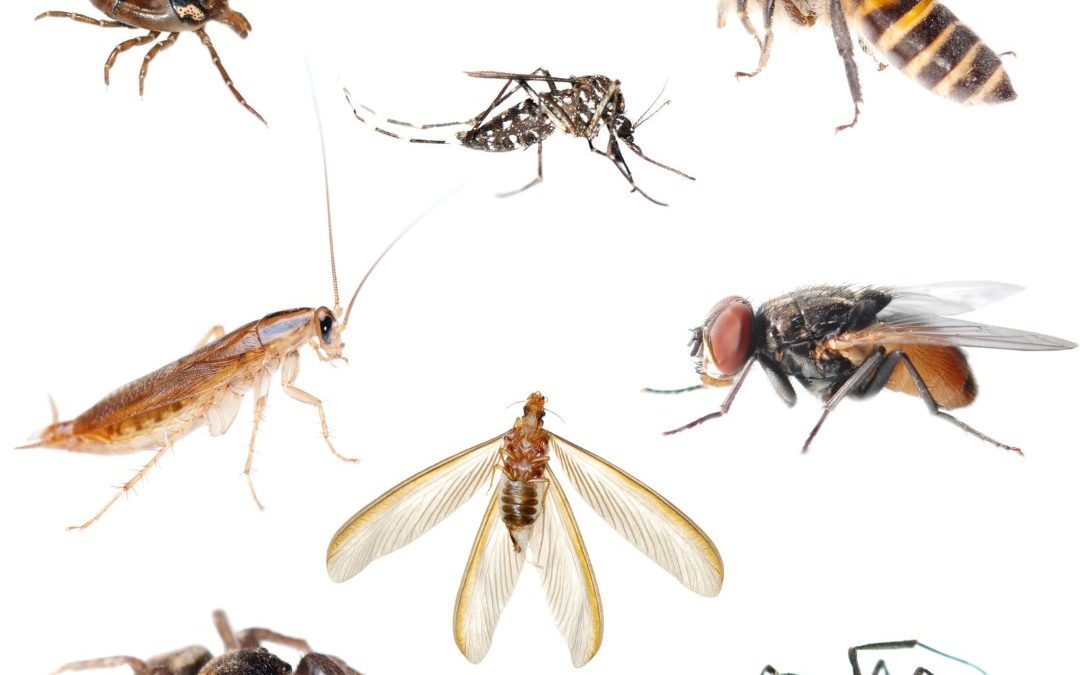
Indoor pests are a nuisance that causes havoc by destroying property, causing painful bites, and spreading diseases. They range from wasps to mosquitoes to houseflies and bed bugs, and all can compromise the safety and comfort of your home. This post looks at the various health risks posed by household pests.
Houseflies and cockroaches
Houseflies and cockroaches are noxious insects that feed on food scraps, organic waste, and animal feces. They then come indoors and contaminate food and surfaces with germs. These insects spread diseases through contact between their body and surfaces in your home.
Flies also regurgitate a substance from their stomach when feeding through the proboscis. This substance contains germs that contaminate food. If people ingest these pathogens they may get sick. People can also get infected if they have an open wound or sore and come into contact with the germs.
Some bacterial infections spread by the two insects include such as trachoma, shigellosis, and salmonellosis. Trachoma is an eye disease that causes temporary blindness while the other bacterial infections are associated with food poisoning and stomach disorders. They also spread viral diseases such as hepatitis A and gastroenteritis.
Insect bites and stings
The majority of stings and bites are harmless though some people may get an adverse reaction. Nevertheless, wasp, bees and hornet stings are very painful while fire ant, bed bug and flea bites can cause persistent irritation and make people uncomfortable. Some people also experience anaphylaxis or allergic reactions to insect bites and stings.
The symptoms can be local or toxic and affecting the whole body. Local reactions manifest through swelling, painful sores, redness, or irritation on the part that was stung or bitten. These reactions occur in both normal and allergic persons.
Toxic reactions result from a venomous sting such as that of a bee, a hornet, or a spider. In this case, the body reacts to the organic substances in the venom. The response varies with the potency of the venom and the tolerance levels of the affected person. The effect can be localized or affect the whole body depending on how the toxins work.
Localized reactions often involve rapid swelling of the attack site while severe reactions may include general weakness, fever, and muscle spasms. Most people recover naturally though extreme reactions such as seizures and difficulty in breathing may require medical attention.
Mosquitoes
Mosquitoes are a major health risk due to their ability to carry a wide range of parasites and viruses that affect human health. It is the female mosquitoes that spread diseases by injecting pathogens into the body when they take a blood meal. Some of the viral diseases that they spread include West Nile, Zika, and Dengue fever.
Dengue fever causes a rise in body temperature as well as joint pain while West Nile causes brain swelling and symptoms that are similar to flu. Meanwhile, the Zika virus causes birth defects when pregnant women are infected. Mosquitoes also spread yellow fever and malaria parasites. Malaria is one of the most potent diseases and kills thousands of people annually.
Even though some diseases are not prevalent in the US, experts at Excel Pest Services note that they can be brought by people who have traveled abroad recently. If a mosquito bites them and then finds its way into your home, it will infect you.
Professional Pest Control
To protect your family from the risk of indoor pests, you should implement pest control measures to drive them out and sanitize your home. Always hire professionals because they know how to handle different types of pests and use the right disinfectants.
